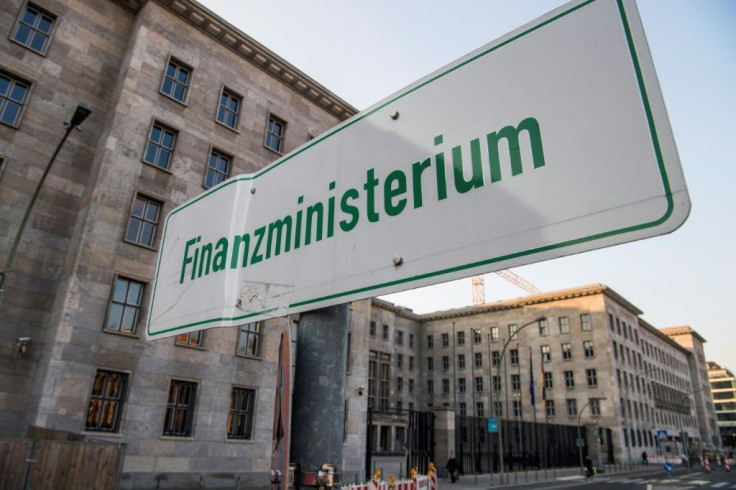Germany Launches New Plan For EU Financial Transaction Tax

Berlin on Tuesday unveiled proposals for a new financial transactions tax (FTT), hoping to hurry the project along that 10 EU member states have been scratching their heads over since 2011.
France, Belgium, Italy, Spain, Portugal, Greece, Austria, Slovakia and Slovenia are the other nine EU members cooperating on FTT plans that appeared to have stalled before the German initiative.
Finance minister Olaf Scholz offered a "final proposition" to hit trades in shares of companies worth more than one billion euros ($1.1 billion) with a 0.2-percent levy, his ministry said.
"We are now in a position to reach an agreement under enhanced cooperation for the first time since 2011," Scholz wrote in a letter to his fellow finance ministers.
Berlin's planned tax would not be raised on trades in bonds and financial derivatives.
Even in share trading, certain operations could be exempt, including new flotations (IPOs) or pension funds' stock market activities.
French Finance Minister Bruno Le Maire said the plan was a "good basis to wind up this question as soon as possible", but added he would "examine the text in detail to ensure the final agreement is just as ambitious as France's existing tax".
Meanwhile Austria's finance ministry complained Scholz had opted for a "minimal" range of transactions to tax and left bugbears like high-frequency trading untouched.
Germany estimates that this form of FTT would bring in around 1.5 billion euros of tax revenue a year.
Much of the sum has already been earmarked to pay for an increase in pensions for the worst-off elderly people, agreed in principle by Chancellor Angela Merkel's coalition government last month.
Dating back to the 1970s, the FTT concept was reinvigorated in 2011 as the financial crisis was at its worst in the EU.
France, Italy and Britain already tax some financial transactions.
But even within Germany, centre-left SPD party politician Scholz's version has already come in for criticism, including from the ranks of his coalition partners in Merkel's centre-right CDU.
"The proposals are an attack on small German investors," CDU MP Christoph Ploss told the Funke newspaper group.
Greens MEP Sven Giegold also told Funke that the latest plan was a "farce, not a real financial transactions tax" that would be paid only by "small investors".
© Copyright AFP {{Year}}. All rights reserved.





















